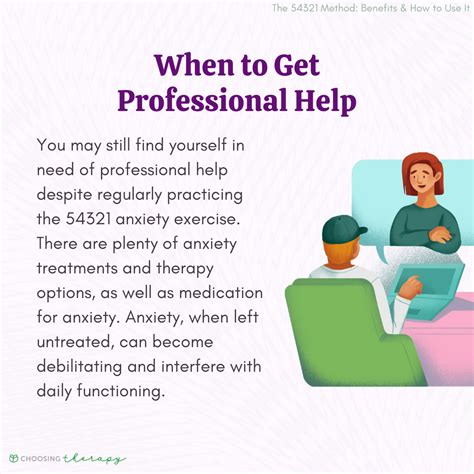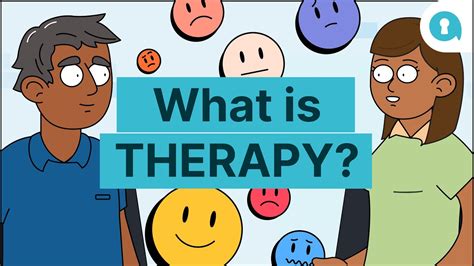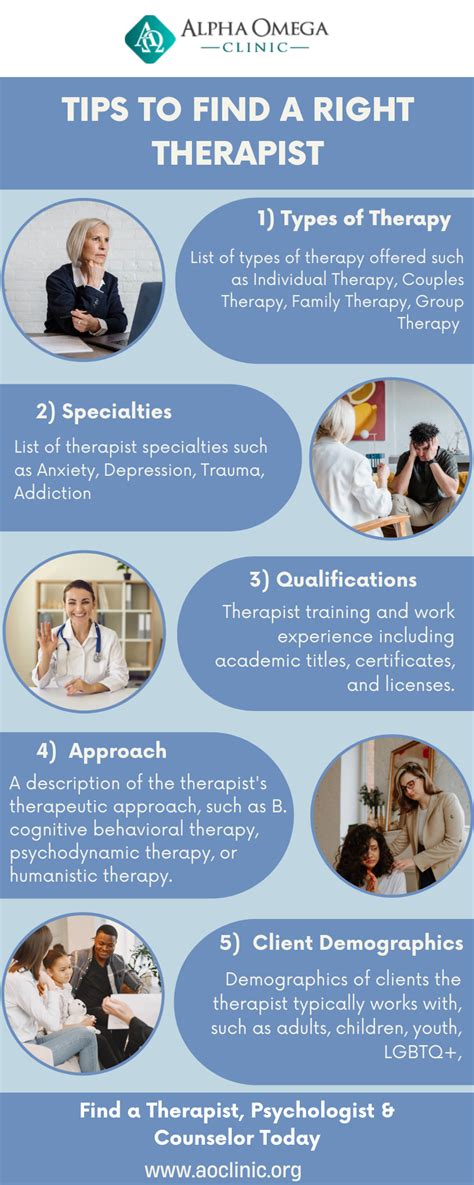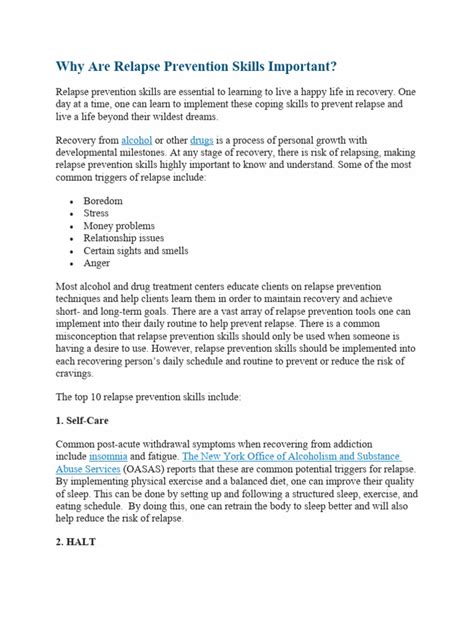Intro
Expert mental health professionals offer depression help, providing therapy, counseling, and treatment for anxiety, stress, and emotional wellness, promoting holistic mental health support.
Depression is a complex and multifaceted mental health condition that affects millions of people worldwide. It is characterized by persistent feelings of sadness, hopelessness, and a lack of interest in activities that once brought pleasure. Depression can have a significant impact on an individual's daily life, relationships, and overall well-being. Fortunately, there are many effective treatments available, and seeking help from a mental health professional is often the first step towards recovery. In this article, we will explore the importance of seeking help from a mental health professional for depression, the benefits of therapy, and what to expect from the treatment process.
Depression is a serious mental health condition that requires professional attention. It is not something that can be simply "snapped out of" or overcome through willpower alone. Depression is a treatable condition, and seeking help from a mental health professional is often the most effective way to manage symptoms and improve overall mental health. Mental health professionals, such as therapists, counselors, and psychologists, are trained to help individuals understand and cope with depression. They can provide a safe and supportive environment to explore feelings, thoughts, and behaviors, and develop personalized treatment plans to address specific needs.
Mental health professionals use a variety of techniques and therapies to help individuals manage depression. These may include cognitive-behavioral therapy (CBT), interpersonal therapy (IPT), and psychodynamic therapy. CBT is a problem-focused approach that helps individuals identify and change negative thought patterns and behaviors that contribute to depression. IPT is a therapy that focuses on improving relationships and communication skills, which can help individuals build a stronger support network and reduce feelings of isolation. Psychodynamic therapy is a more in-depth approach that explores the underlying causes of depression, such as past experiences and unresolved conflicts. By working with a mental health professional, individuals can develop the skills and strategies needed to manage depression and improve their overall mental health.
Benefits of Therapy for Depression

Therapy can be a highly effective treatment for depression. It provides a safe and supportive environment for individuals to explore their feelings, thoughts, and behaviors, and develop personalized strategies for managing symptoms. Therapy can help individuals identify and challenge negative thought patterns, improve communication and relationship skills, and develop healthy coping mechanisms. Additionally, therapy can provide a sense of connection and support, which can be especially important for individuals who are struggling with feelings of isolation and loneliness. Some of the benefits of therapy for depression include:
- Improved mood and reduced symptoms of depression
- Increased self-esteem and confidence
- Enhanced problem-solving and coping skills
- Improved relationships and communication skills
- Increased sense of control and empowerment
Types of Therapy for Depression
There are several types of therapy that can be effective for depression. These include: * Cognitive-behavioral therapy (CBT) * Interpersonal therapy (IPT) * Psychodynamic therapy * Dialectical behavior therapy (DBT) * Mindfulness-based therapies Each type of therapy has its own unique approach and techniques, and may be more or less effective depending on the individual's specific needs and circumstances. A mental health professional can help determine which type of therapy is most suitable and develop a personalized treatment plan.What to Expect from Therapy

Therapy can be a new and unfamiliar experience for many people. It's natural to feel nervous or unsure about what to expect. However, therapy is a collaborative process between the individual and the therapist, and the goal is to work together to achieve positive change. Here are some things to expect from therapy:
- An initial assessment and intake process to gather information about the individual's history, symptoms, and goals
- A personalized treatment plan that outlines specific goals and objectives
- Regular therapy sessions, which may be weekly or biweekly, depending on the individual's needs
- A safe and supportive environment to explore feelings, thoughts, and behaviors
- Active participation and engagement in the therapy process, including homework assignments and practice exercises
Preparing for Therapy
To get the most out of therapy, it's essential to be prepared and open-minded. Here are some tips for preparing for therapy: * Keep a journal or log of symptoms, feelings, and thoughts to track progress and identify patterns * Write down questions and concerns to discuss with the therapist * Be honest and open about feelings, thoughts, and behaviors * Be willing to try new things and take risks * Establish clear goals and expectations for therapyFinding the Right Therapist

Finding the right therapist is an essential step in the therapy process. A good therapist can provide a safe and supportive environment, help individuals develop effective coping strategies, and facilitate positive change. Here are some tips for finding the right therapist:
- Ask for referrals from friends, family, or healthcare providers
- Check credentials and qualifications, such as licensure and certification
- Consider factors such as location, availability, and insurance coverage
- Read online reviews and testimonials from other clients
- Schedule a consultation or initial session to get a sense of the therapist's style and approach
Common Therapist Specialties
Therapists may specialize in specific areas, such as: * Anxiety and depression * Trauma and PTSD * Relationships and couples therapy * Substance abuse and addiction * Eating disorders and body image issues * Children and adolescents * Older adults and geriatric issues It's essential to find a therapist who has experience and expertise in the areas that are most relevant to the individual's needs and concerns.Overcoming Barriers to Therapy

Despite the many benefits of therapy, there are often barriers that prevent individuals from seeking help. These may include:
- Cost and insurance coverage
- Location and accessibility
- Stigma and shame
- Fear of being judged or criticized
- Lack of motivation or energy It's essential to recognize that these barriers are common and can be overcome. Many therapists offer sliding scale fees or accept insurance, and some may offer online or phone sessions for increased accessibility. Additionally, therapy is a confidential and non-judgmental process, and therapists are trained to provide a safe and supportive environment.
Building a Support Network
In addition to therapy, building a support network can be an essential part of the recovery process. This may include: * Friends and family members * Support groups and online communities * Self-help books and resources * Healthy lifestyle habits, such as exercise and nutrition * Mindfulness and relaxation techniques, such as meditation and yoga Having a strong support network can provide a sense of connection and belonging, which can be especially important for individuals who are struggling with feelings of isolation and loneliness.Maintaining Progress and Preventing Relapse

Maintaining progress and preventing relapse is an essential part of the recovery process. This may involve:
- Continuing therapy sessions, even after symptoms have improved
- Practicing self-care and stress management techniques
- Building a support network and staying connected with friends and family
- Engaging in healthy lifestyle habits, such as exercise and nutrition
- Monitoring symptoms and seeking help if they return It's essential to recognize that recovery is a long-term process, and it's common for individuals to experience setbacks or relapses. However, with the right support and strategies, it's possible to maintain progress and achieve long-term recovery.
Coping with Setbacks and Relapses
Setbacks and relapses are a common part of the recovery process. It's essential to have a plan in place for coping with these challenges, such as: * Reaching out to a therapist or support network * Practicing self-care and stress management techniques * Engaging in healthy lifestyle habits, such as exercise and nutrition * Monitoring symptoms and seeking help if they return * Focusing on progress and celebrating small victoriesWhat is depression, and how does it affect mental health?
+Depression is a complex and multifaceted mental health condition that affects millions of people worldwide. It is characterized by persistent feelings of sadness, hopelessness, and a lack of interest in activities that once brought pleasure. Depression can have a significant impact on an individual's daily life, relationships, and overall well-being.
How can therapy help individuals with depression?
+Therapy can be a highly effective treatment for depression. It provides a safe and supportive environment for individuals to explore their feelings, thoughts, and behaviors, and develop personalized strategies for managing symptoms. Therapy can help individuals identify and challenge negative thought patterns, improve communication and relationship skills, and develop healthy coping mechanisms.
What are some common types of therapy for depression?
+There are several types of therapy that can be effective for depression, including cognitive-behavioral therapy (CBT), interpersonal therapy (IPT), psychodynamic therapy, dialectical behavior therapy (DBT), and mindfulness-based therapies. Each type of therapy has its own unique approach and techniques, and may be more or less effective depending on the individual's specific needs and circumstances.
How can individuals find the right therapist for their needs?
+Finding the right therapist is an essential step in the therapy process. Individuals can ask for referrals from friends, family, or healthcare providers, check credentials and qualifications, and consider factors such as location, availability, and insurance coverage. It's also essential to read online reviews and testimonials from other clients and schedule a consultation or initial session to get a sense of the therapist's style and approach.
What are some common barriers to therapy, and how can they be overcome?
+Common barriers to therapy include cost and insurance coverage, location and accessibility, stigma and shame, fear of being judged or criticized, and lack of motivation or energy. These barriers can be overcome by recognizing that therapy is a confidential and non-judgmental process, and that many therapists offer sliding scale fees or accept insurance. Additionally, therapy can be conducted online or over the phone, increasing accessibility and convenience.
In conclusion, seeking help from a mental health professional is often the first step towards recovering from depression. Therapy can provide a safe and supportive environment for individuals to explore their feelings, thoughts, and behaviors, and develop personalized strategies for managing symptoms. By understanding the benefits of therapy, finding the right therapist, and overcoming common barriers, individuals can take the first step towards achieving long-term recovery and improving their overall mental health. We invite you to share your thoughts and experiences with depression and therapy in the comments below, and to share this article with anyone who may be struggling with mental health issues. Together, we can work towards reducing stigma and promoting mental health awareness, and help individuals achieve the support and care they need to thrive.
